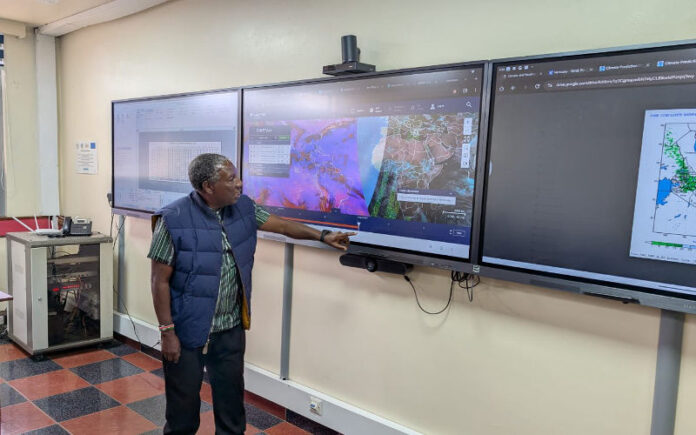By Ian Maleve
The Tourism Fund and the Kenya Meteorological Department could soon benefit from billions of shillings collected from air travellers, if a new Bill proposing an expansion of the current list of beneficiaries is passed into law.
The proposed legislation seeks to amend the existing framework that governs the distribution of the air passenger service charge, which is levied on both domestic and international travellers.
Currently, the funds collected through this charge are directed to only two entities the Kenya Airports Authority (KAA) and the Kenya Civil Aviation Authority (KCAA).
If the amendment is approved, the number of beneficiary institutions will double from two to four, allowing the Tourism Fund and the Meteorological Department to tap into the growing pool of revenue generated by Kenya’s aviation sector.
The move is aimed at supporting tourism development and improving weather forecasting services, both of which are considered critical to the country’s economic growth and aviation safety.
Lawmakers behind the Bill argue that tourism and meteorological services play an integral role in the functioning of the air travel industry. Tourists form a significant portion of air passengers, while accurate weather forecasts are essential for flight safety and planning.
By redirecting a portion of the funds, the government hopes to strengthen these sectors and enhance the overall travel experience.
According to recent estimates, the air passenger service charge generates billions annually, making it a key source of revenue within the transport sector.
Expanding its beneficiaries could provide much-needed funding to improve tourism infrastructure, marketing campaigns, and climate monitoring technology.
However, aviation stakeholders have expressed mixed reactions to the proposal. Some worry that spreading the funds across more agencies could dilute the resources currently supporting airport maintenance and air safety oversight.
Others view the proposal as a timely and necessary realignment of priorities to reflect the evolving needs of the aviation ecosystem.
The Bill is currently under parliamentary review and is expected to attract significant debate before any final decision is made. If passed, it would mark a significant shift in how air travel revenues are allocated in Kenya.



















